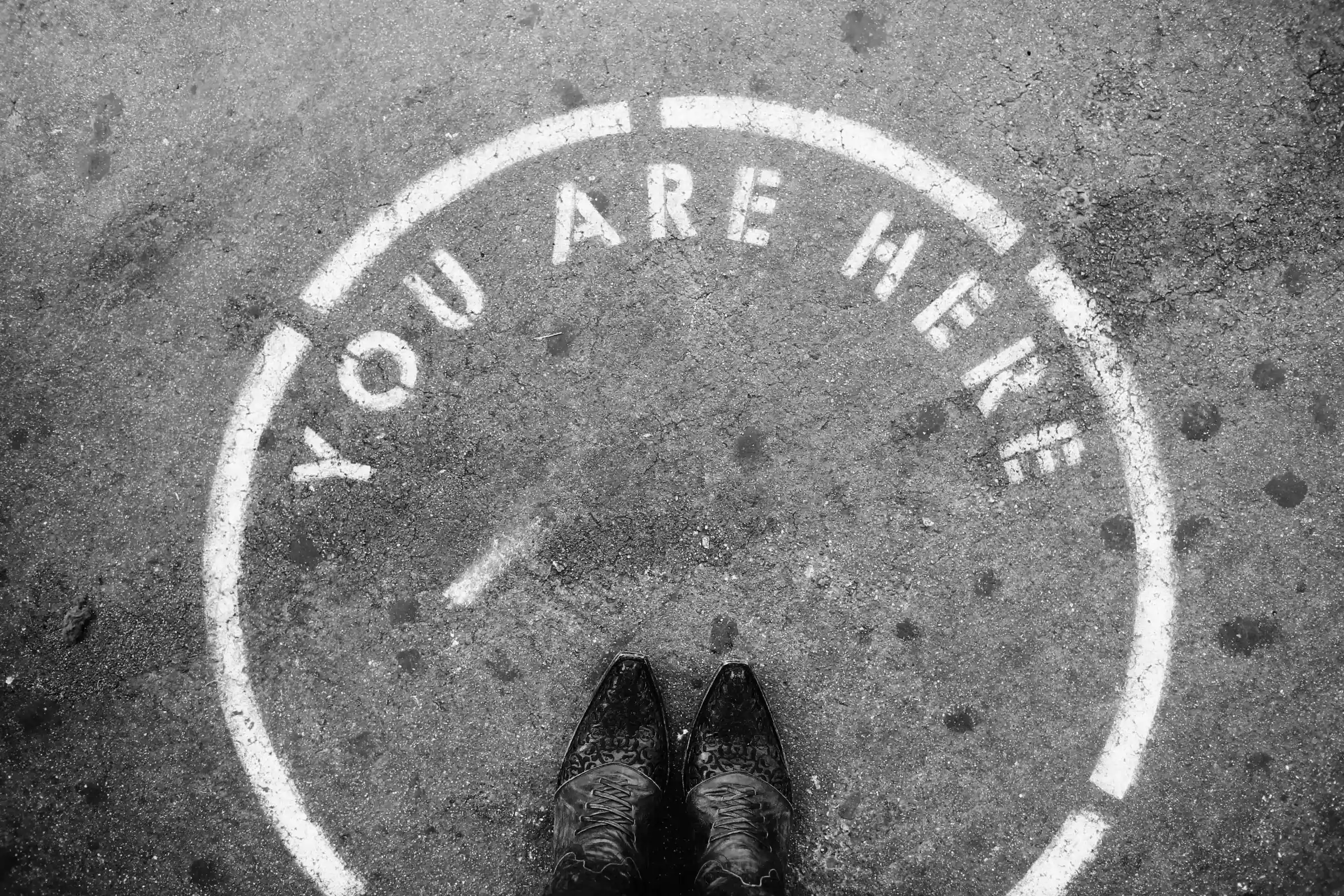During our recent team retreat in Breckenridge, Colorado, members of the Designlab team shared their experiences of traveling and working remotely. In this post, we’ve put together 10 of the best tips. Whether you’re already a digital nomad, or just have the occasional day working at home, we hope you find this advice useful!
1. Separate your work and leisure environments.
One of the big risks of remote working is that you end up working a bit all the time. If you work from home, that’s fine—but create a designated space for work that you can walk into at the start of your work and walk away from at the end. This creates a psychological separation that benefits concentration while working, and relaxation when you need it. Alternatively, look into a coworking space—they’re in pretty much every major city these days. On the whole, the experience of our team is that working in coffee shops doesn’t work in the longer term. They’re full of distractions, and you’ll spend all of your money on lattes.
- Quartz has collated some inventive tips for how to separate work and leisure when you work from home!
2. Use time-blocking to plan your days.
Map out each day in 30 minute blocks. As Michael Hyatt says, “what gets scheduled gets done”. Time-blocking can also be a good way of constraining tasks (like writing) that could easily become open-ended otherwise. This can be even more effective if you use a “pomodoro timer”: start a 25-minute stopwatch (your phone’s Clock app will do), and work on a single task until the timer finishes. It’s a great way of rejecting the myth of multitasking.
- Check out Toggl’s guide to time-blocking
3. Schedule time free of messages and notifications.
Most things aren’t as urgent as they seem to be. The most productive people follow practices like doing all their “creative” work in the mornings, and not opening email, reading Slack, or holding any meetings until the afternoon. Try it for a week—you could be amazed how much more you get done, and how much better you feel about your work.
- Watch Laura Vanderkam’s TED Talk on how to gain control of your free time
4. Consider removing work apps from your phone.
This depends to a great extent on personal preferences and boundaries, but some of our team have achieved a healthier balance by only engaging with work tools like Slack, email, and Asana while in work mode on their laptop. The risk of having these apps on your phone is that you end up constantly thinking about work, potentially leading to counterproductive stress levels.
- Lifehacker has advice on how to separate life and work on your devices
5. Check your travel and health insurance carefully.
If you’re traveling regularly, it’s important to look at your insurance policies in detail to see what might be excluded. Even if you think it's comprehensive, it might not be: one of our team only discovered after an accident that they weren’t covered by their insurance if they traveled straight from one foreign country to another—for the insurance to be valid, their trip had to be from their home country.
- Read Nomadgate’s guide to insurance for digital nomads
6. If you’re freelance, get an accountant.
They’re not as expensive as you might think, and it’ll give you some extra peace of mind when it comes to planning for tax and managing your finances.
- TED have a whole category of talks on productivity!
7. Combining work and travel can be exhausting.
Just moving around takes a lot of emotional energy, because you’re having to constantly reorientate yourself to a new environment—work out where the shops and restaurants are, finding somewhere suitable to work, ensuring you have a secure place to live, and so on. Combining that with a demanding job can quickly lead to burnout. So plan your working time carefully, and try to stay in places for at least a few weeks so that you can recover energy in between moves.
- Our friends over at Buffer have put together their 23 top tips for digital nomads
8. If you’re moving to a new country long term, don’t underestimate the language barrier.
Obviously this only applies to countries where you don’t speak the language. For English speakers, in big remote working cities like Berlin, Lisbon, or Amsterdam, it can be easy to fall back on English in daily life. But to really access a city’s culture, make new connections, and avoid becoming isolated, it’s crucial to make inroads into learning the language. Luckily there are inexpensive tools like Duolingo and Memrise to get you started—but once you arrive it’ll be worth looking into face-to-face language classes to help you learn more quickly and practice real conversation.
9. If you wear glasses, get a spare pair!
It only takes one wrong step in an unfamiliar Airbnb to grind your glasses to dust. It happened to our in-house designer Patrick just the other day!
10. Remember the Pareto Principle.
80% of results come from 20% of effort. As designer Ellen Lupton says, “Learn to take things out. Learn to get rid of stuff that you don't need. Apply it to your whole life. Get rid of the junk.” Remote work offers many of us the unprecedented privilege to decide for ourselves how much we work and what we spend our time on. Wherever feasible, identify what aspects of your work drive the most value, and focus on those things. It’ll be good for you, and good for your work, too.



.svg)









.webp)




